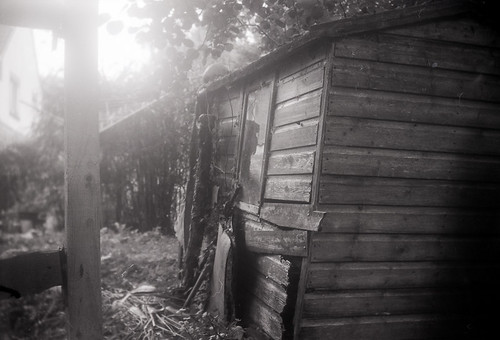- Messages
- 3,050
- Name
- Dean
- Edit My Images
- Yes
Based on these posts from the Show Us thread ....
Are old lenses only sharp enough for film or should digital manufacturers look at reproducing the 'feel' that can be obtained, particularly as the popularity of mirrorless cameras increases with the associated rise in price of old lenses to be used on adaptors?
What do you think about it? Is sharpness valued above artistic merit? Is there a middle ground we should look to achieve? Or does none of it matter provided you're happy with your results?
I suppose the over-arching question would be, are you on a quest for sharpness or do you perceive this in your wider ... erm ... perception of photography? It seems to be a key driver for many of the digital guys but is that because of the level of detail that can be captured on a sensor where it might be softened by the grain structure of film?A nice set of images, but the Rush Hour photo is especially strong. It's nice to see a bit of movement and dynamism, characteristics that are often ignored or minimised in the never-ending, and possibly overvalued, quest for sharpness.
Are old lenses only sharp enough for film or should digital manufacturers look at reproducing the 'feel' that can be obtained, particularly as the popularity of mirrorless cameras increases with the associated rise in price of old lenses to be used on adaptors?
What do you think about it? Is sharpness valued above artistic merit? Is there a middle ground we should look to achieve? Or does none of it matter provided you're happy with your results?


 Rush Hour
Rush Hour

 Shed, Rhydyfelin
Shed, Rhydyfelin
